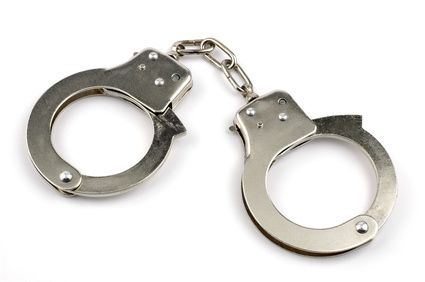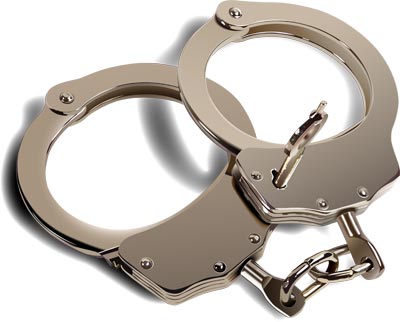 Have you been arrested in Jacksonville, St. Johns, Clay, or Nassau County? Were you scheduled to appear before a judge but failed to appear for one reason or another? If so, you could be facing a Jacksonville Capias. This will only compound an already serious Florida Criminal Offense case. That is why the advise, counsel, and representation of a Jacksonville Criminal Defense Lawyer may prove to be invaluable in your Florida Criminal Offense case.
Have you been arrested in Jacksonville, St. Johns, Clay, or Nassau County? Were you scheduled to appear before a judge but failed to appear for one reason or another? If so, you could be facing a Jacksonville Capias. This will only compound an already serious Florida Criminal Offense case. That is why the advise, counsel, and representation of a Jacksonville Criminal Defense Lawyer may prove to be invaluable in your Florida Criminal Offense case.
In Jacksonville, if a Jacksonville Criminal Defendant misses a court date, the judge will issue a capias. A capias is also known as a bench warrant, because the Jacksonville Criminal Defendant failed to appear in court. Usually, the Jacksonville Criminal Defendant is arrested pursuant to the Jacksonville warrant and must go before the judge to explain the circumstances surrounding your failure to appear. Depending upon the circumstances the Jacksonville Criminal Defendant’s failure to appear in court, he or she may be able to get the warrant recalled. If the warrant is recalled, then the Jacksonville Criminal Defendant will not be arrested, and he or she can proceed with the case as if the judge never issued the capias.
However, If you have missed a court date, you should talk to a Jacksonville Criminal Defense Lawyer. Do not flee, because that could only make things worse. In some cases, you may be charged as a fugitive and extradited. In contrast, if you do nothing, you may be arrested when you least expect it, as a police officer will take you into custody if he or she discovers the Jacksonville Arrest Warrant. In some Jacksonville Florida criminal cases, you may be able to work a case out, including the outstanding capias, all at one time avoiding any type of arrest.
 Jacksonville Criminal Defense Lawyer Blog
Jacksonville Criminal Defense Lawyer Blog



